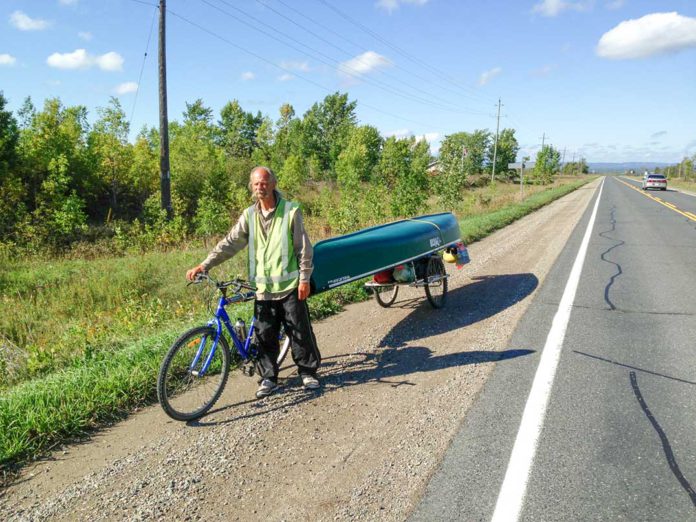Being penny-wise and pound-foolish when it comes to protecting our environment
If you value wild salmon, a New Democrat private member’s bill designed to address one of the biggest threats to pacific salmon may be of interest to you. It’s no secret that these fish face numerous challenges throughout their life and many will recall how the dismal return of sockeye salmon to the Fraser River in 2009 sparked a judicial inquiry (the Cohen Commission); still, it is surprising to hear that an entirely preventable occurrence threatens many salmon returning to their home waters to spawn. The problem in this case is the open net fish farming in the Pacific Ocean.
The net-pens are not harmless. Waste such as feces, disease, parasites, and even escaped fish all threaten wild salmon. It’s tempting to think the farmed salmon net a healthy return if the industry is allowed to wreak such havoc, but the opposite is true and the wild fish support a much larger economy with over 9,000 good jobs dependent on wild salmon. Their importance is embedded up and down the coast where entire communities rely on the wild fish. They are integral to cultural traditions and are the building block of forests in the mountains where the salmon cycle provides vital nutrients to the soil.
Bill C-228 will amend the Fisheries Act to do away with open net farming in the Pacific and force those aquaculture businesses to operate in closed container environments. It will only take five years and the minister will be forced to implement and plan a transition within the first 15 months. It represents an opportunity to act on key recommendations from the Cohen Commission while protecting our heritage, economy, and the environment. So far there are big names lining up to support the Bill, but none bigger than William Shatner, who has recorded a video to urge people to be involved in the campaign. The video is posted to my Facebook page if you’d like to see it.
Right after I listened to a presentation on the Bill I attended a demonstration by the Traditional Ecological Knowledge (TEK) Elders Group from Algoma-Manitoulin-Kapuskasing who are calling on the government to ban glysophate, a herbicide used for aerial spraying in our forests. As I listened to the speakers, I was struck by the similarity in that issue and the struggle to save wild salmon. In both instances the economic advantage of one interest is being allowed to run rough-shod over established eco-systems in the name of expediency and to maximize profit in just one industry. The speakers referred to the mono-culture that glysophate creates as a jack pine desert. At stake is the health of the forest and every creature that relies on it. A few years back I toured the forest near Massey where glysophate was sprayed. It reminded me of Rachel Carson’s pioneering work that exposed the danger of DDT and other pesticides, Silent Spring. The use of glysophate shows that we haven’t changed our habits enough in the 54 years since the book was published.
These are fights worth taking a stand on. If we are not careful much can be lost that can never be regained. The preoccupation with monetizing our resources has lost perspective and sustainability is an afterthought in most instances. People have been felling trees that competed with broadleaf plants for time immemorial. Is the ability to make a few more dollars really worth compromising the health of our forest in total? The same could be asked for the convenience of net farmed salmon. Wouldn’t it be worth ensuring our west coast salmon are protected first? These are rhetorical questions and the answers are apparent to the most casual of observers.




